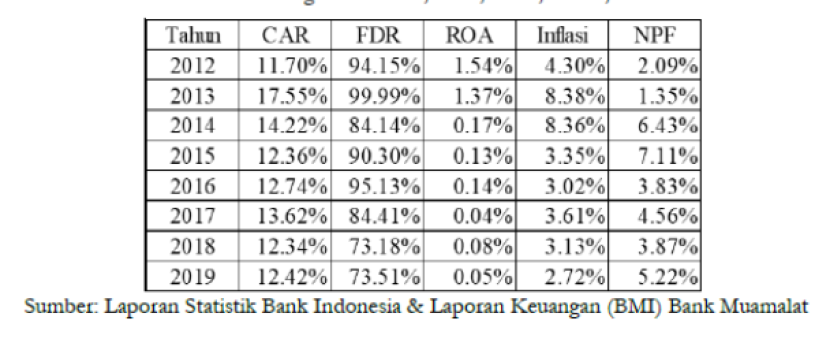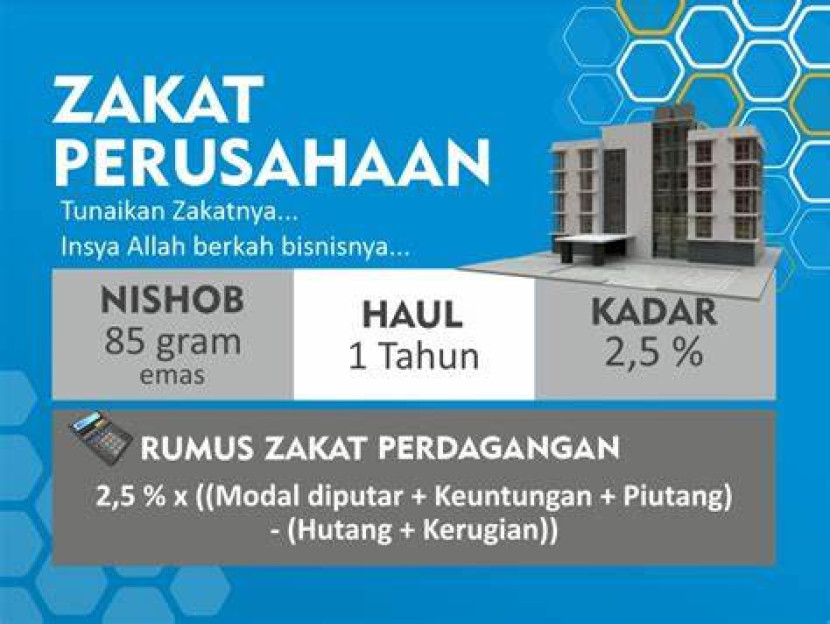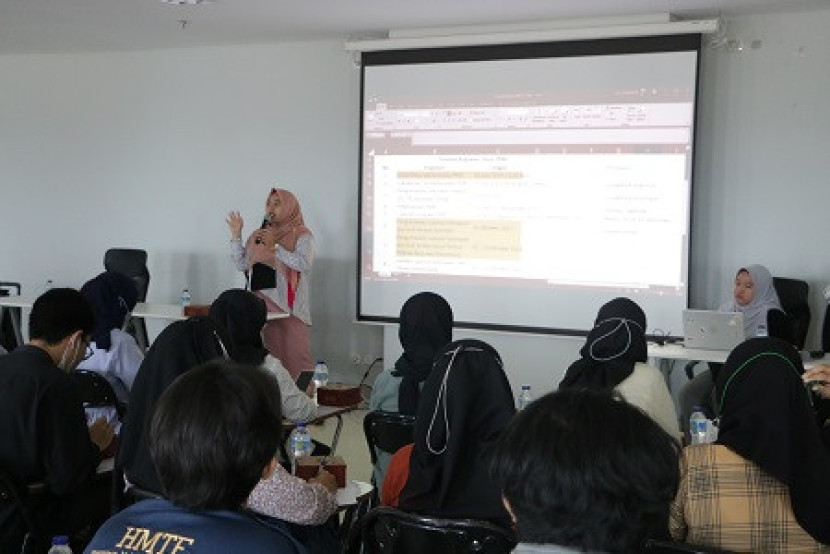 Silvya Eka Marenza
Silvya Eka Marenza
Zakat Vs Tax and Qanun Aceh on Zakat
Agama | 2023-05-13 19:18:27Since both zakat and tax involve handing over a portion of one's wealth to the state or a religious institution, they are frequently brought up in the same breath. There are some parallels to be drawn between the two, but there are also significant distinctions. The Qanun Aceh on Zakat will be discussed, along with its definition, its differences from Zakat, and its application.

What is Zakat?
The Arabic term for zakat, zakaat, signifies "purification" or "growth." One of Islam's Five Pillars, it is a religious requirement for all practising Muslims. 2.5% of one's wealth must be given to the poor every year in accordance with Islamic law. This figure is arrived at by subtracting the individual's obligations and liabilities from their total assets, which include money, investments, and physical property.
One's riches is said to be cleansed and gratitude for Allah's gifts expressed via the payment of Zakat. It's a way to help those who are less fortunate, such the impoverished, the aged, and the ill. By paying Zakat, Muslims feel they are doing their part to build a more equal and just society and fulfilling their obligation to Allah.
Just what is Tax, Exactly?
A tax is a mandatory monetary payment to the government by citizens or permanent residents. It's a means for the government to make money for things like public safety and public works like hospitals and schools. Taxes can be assessed as a flat rate or as a proportion of a person's income, or they can be placed on specific assets or purchases.
Tax isn't required by religion like Zakat is, but some people may feel obligated to pay it as a form of civic duty or charitable giving. The government provides services and programmes to all members of society, regardless of their religious affiliation, through the money collected in taxes.
Zakat Vs. Tax: What You Need to Know
While both Zakat and tax require a portion of one's wealth to be paid over to the government, there are significant distinctions between the two. First, while paying taxes is a civic duty, paying the Zakat required by Islamic law is a religious one. Therefore, only Muslims are obligated to pay Zakat, whereas non-Muslims are exempt from doing so.
Second, while taxes serve the government's financial needs, Zakat's goals are more altruistic: reducing waste and helping the poor. To what extent the government chooses to use tax revenue for social welfare programmes is ultimately up to the government.
Thirdly, the rate of Zakat is always 2.5% of one's wealth, whereas the rate of tax might change depending on a person's circumstances, including their income level, the sort of income they get, and even their geographic location. This means that some people, depending on their situation, may wind up paying more tax than others.
An Acerbic Q&A about Zakat
The Qanun Aceh is a body of Islamic law specific to the Indonesian province of Aceh. The Qanun Aceh on Zakat details the procedures for collecting and distributing Zakat in Aceh.
The Qanun Aceh establishes the Zakat institution, which is responsible for the collection and distribution of Zakat. The organisation takes in Zakat payments from individuals and corporations, then manages and gives out the money to those in need.
The Qanun Aceh specifies that those who are impoverished and needy, those who are aged, those who are in debt, and those who are stranded or in need of help are all qualified to receive Zakat. It also details which forms of currency, precious metals, and agricultural goods are liable to Zakat.
The rules for determining Zakat are also laid forth in the Qanun Aceh. It stipulates that a person is required to pay 2.5% of the entire worth of their possessions as Zakat if they have been in possession of riches for a year. The Qanun Aceh also explains how to figure out how much Zakat to pay according on the value of specific possessions, like farmland or livestock.
Qanun Aceh's emphasis on the community's responsibility in the collection and distribution of Zakat is one of its distinguishing features. Rather of going via a middleman, the Qanun Aceh advocates for local communities to be involved in the collection and distribution of Zakat money. The goal of this method is to ensure that Zakat money are allocated equitably and efficiently, as well as to increase transparency and responsibility in their management.
In sum, the Qanun Aceh on Zakat is a reflection of Zakat's significance in Islamic law and its function in fostering social justice and unity. The Qanun Aceh aids in the fair and open fulfilment of this significant Islamic requirement by giving explicit procedures for the collection and distribution of Zakat.
Conclusion
Because they both require the payment of a certain proportion of one's wealth, zakat and tax are frequently brought up in the same breath. However, their goals, jurisdictions, and legal responsibilities are dissimilar. While paying taxes is considered a civic duty, paying zakat is a religious obligation under Islamic law. Zakat is considered a means of purifying one's riches and completing one's religious duty, while tax is considered a means of creating cash for the government, and both are used to benefit the less fortunate members of society.
How much Zakat is owed, how it should be collected, and how it should be distributed are all addressed in the Qanun Aceh on Zakat. The Qanun Aceh contributes to the fair and open fulfilment of this significant Islamic requirement by emphasising the role of the community in the collection and distribution of Zakat monies. Paying your fair share of the tax or Zakat is a great way to show your civic pride and do your part to ensure that everyone in society benefits from a more just and equitable society.
Disclaimer
Retizen adalah Blog Republika Netizen untuk menyampaikan gagasan, informasi, dan pemikiran terkait berbagai hal. Semua pengisi Blog Retizen atau Retizener bertanggung jawab penuh atas isi, foto, gambar, video, dan grafik yang dibuat dan dipublished di Blog Retizen. Retizener dalam menulis konten harus memenuhi kaidah dan hukum yang berlaku (UU Pers, UU ITE, dan KUHP). Konten yang ditulis juga harus memenuhi prinsip Jurnalistik meliputi faktual, valid, verifikasi, cek dan ricek serta kredibel.











